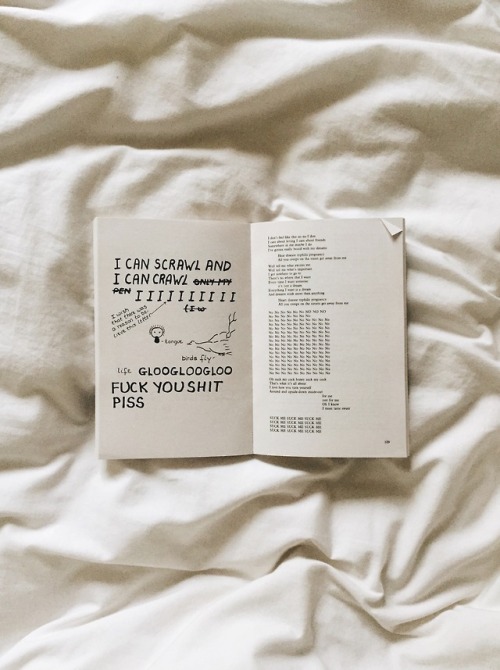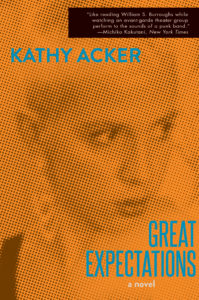



If the New York post-punk scene looked to Burroughs for inspiration, Acker was able to translate post-punk music into the written word. Acker’s search for love and sex, identity and self is particularly slanted, but resonates universally. She may employ some of the tricks learned from predecessors, but makes them her own with a worldview and approach that is spellbindingly unique.

Post-Punk MultitudesĪ dedicated follower of William Burroughs, Acker was nevertheless able to get out from under his shadow. I suspect it’s a moment that is going to last, with the notion of Acker as one of the great literary avant-garde writers of the late twentieth century sticking around. It would seem as if she is having a moment again, surely assisted by Chris Kraus’s non-traditional biography, After Kathy Acker. They’re a thrilling addition to the literary landscape of today, for Acker was both of and beyond her time. Acker has been too long out of print in the UK, so the Penguin Modern Classics editions of this, Blood and Guts in High School and the New York City in 1979 mini Penguin Modern, are long overdue and more than welcome. Acker recycles in the purest sense.įirst published in 1982, Great Expectations is one of the key works by the late experimental writer. It’s a bold act of literary reappropriation that does away with most of the markers from the original text while nevertheless extracting levels of fresh meaning from what went before. Kathy Acker’s Great Expectations cannibalises Charles Dickens’s classic novel with experimental abandon. Kathy Acker sifts through multitudinous identities and tries on different voices as she recycles Charles Dickens and avoids the shadow of William Burroughs


 0 kommentar(er)
0 kommentar(er)
